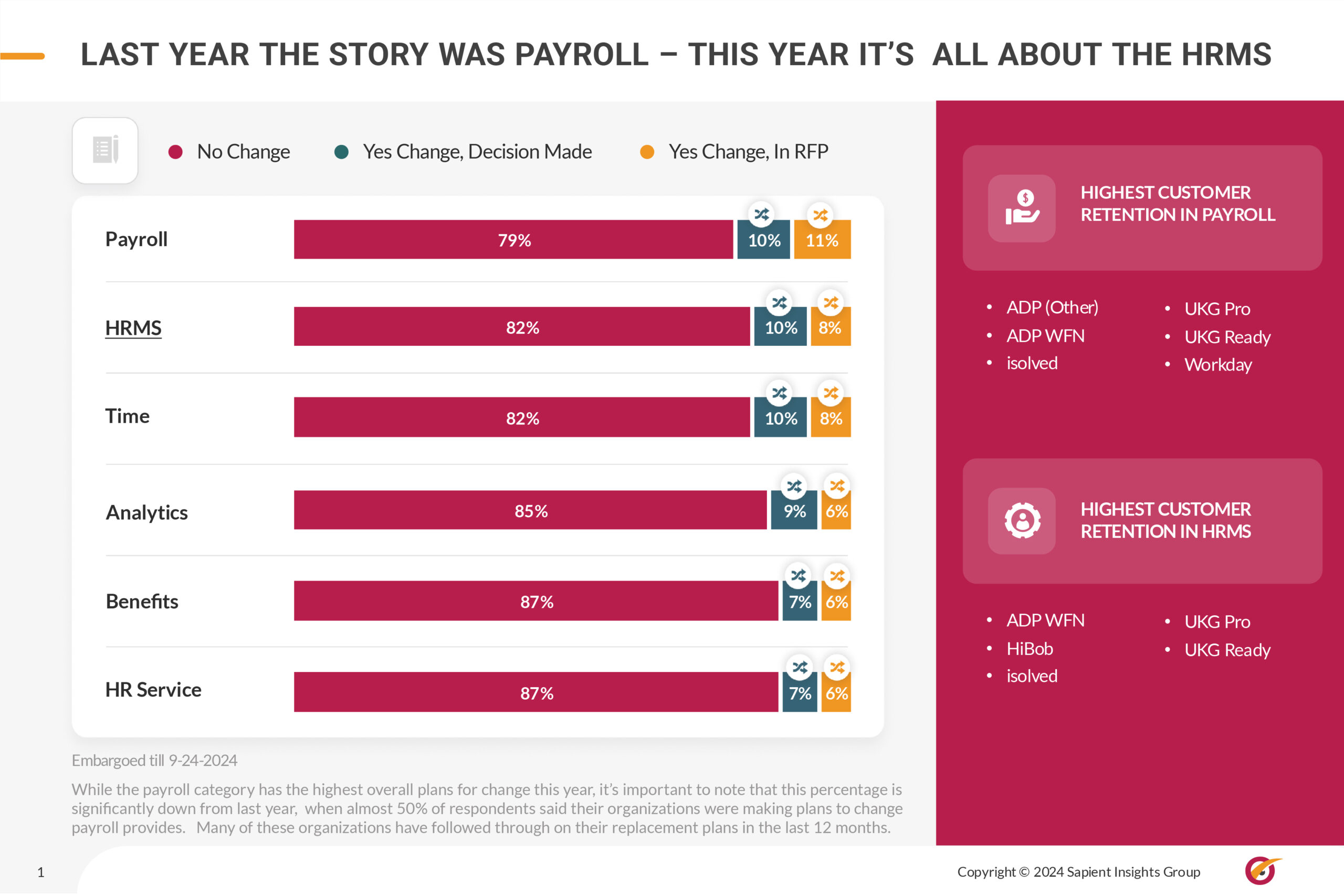HR’s biggest new challenge? Getting the priorities straight
- HRM Asia Newsroom

From new approaches to hiring to revamped solutions for employee experience, HR leaders are strategizing—and re-strategizing—how to guide their workforces and organizations through the near-daily changes brought by the COVID-19 pandemic. While this work is redefining HR’s role and presenting people leaders with unforeseen obstacles, HR shouldn’t underestimate the value of this opportunity.
That’s according to HR Tech keynote speaker Jason Averbook, who says the power that HR leaders have traditionally had in shaping their organization has exploded in recent months.
“We have opportunities to reimagine work, life, living, love and humanity,” he says. “The question is what matters now—what will make the biggest impact and what will drive alignment to overall organizational values, missions and beliefs.”
In order to step up to that opportunity, HR has to make sure its priorities are in order. In the sea of challenges HR leaders are navigating, this is shaping up to be the most pressing, he says.
“HR leaders must spend their time reprioritizing what really matters now and in the next 18 months,” he says. To do that, HR professionals must reflect on what they want to be great at versus what it’s OK to be just performing at. “HR leaders must look themselves in the mirror and realize that adaptability and a willingness to unlearn ways of the past will get them to the new future.”
As they reassess priorities for the coming months and years, HR leaders need to put digital thinking at the top of the list—and that doesn’t mean buying new technology, Averbook notes.
A digital mindset should be applied to every facet of HR planning—diversity and inclusion, talent management, operations or workforce success.
“Any workforce solution,” he says, “must be approached with a digital-first mindset.”
That can be particularly useful as organizations strive to move from playing defense against the pandemic to going on offense. Some companies have solely focused on employee health and safety—which, Averbook notes, has been integral to building trust—while others are moving beyond safety and compliance to become true advocates and mentors for the workforce.
“These HR leaders will come out of the pandemic leading the workforce into the next generation,” he says. “In either case, HR is in a better place now than before the pandemic began.”
A digital mindset is one piece of the puzzle of reorganizing priorities. Other goals, Averbook says, should be leveraging design thinking, pursuing digital transformation to drive empathy at scale and democratizing work by personalizing it.
Ultimately, he says, “HR leaders of tomorrow need to be unafraid to break the mold; it’s time to unlearn how things have been done in the past. Work has changed forever, workers have changed forever, people have changed forever. Will HR change forever?”
By Jen Colletta, managing editor at HRE, where the article was first published.
Averbook will explore this question in his keynote on HR’s new challenges Oct. 29 at the free, virtual HR Technology Conference. For more information or to register, CLICK HERE.






